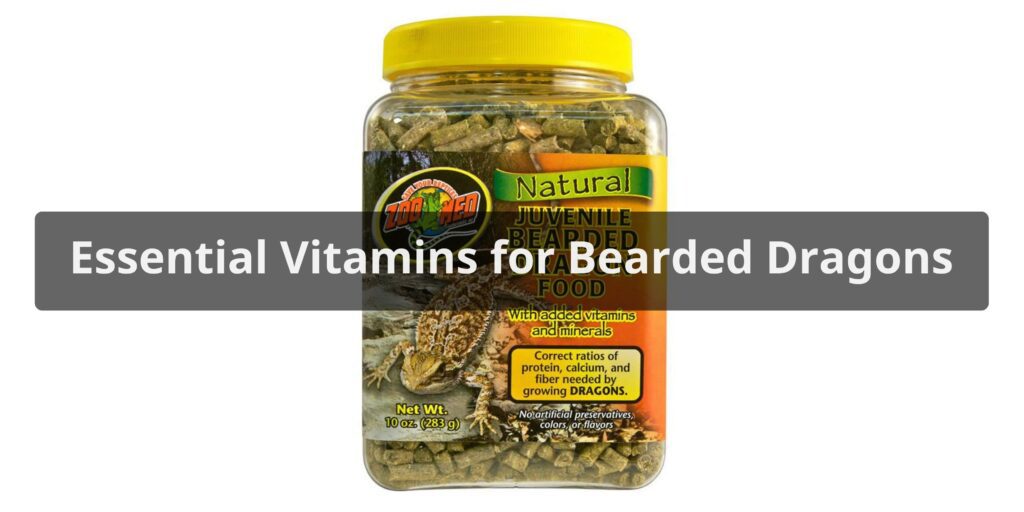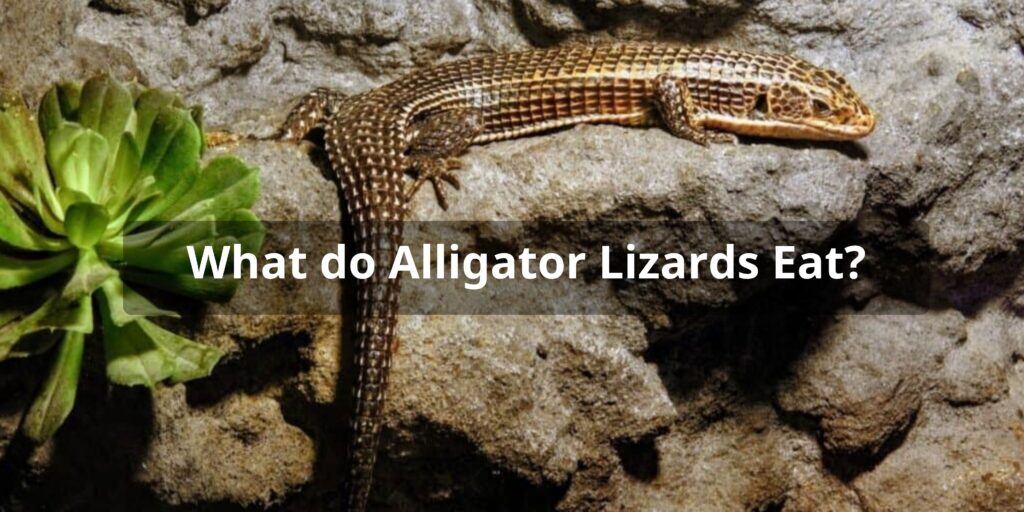A bearded dragon’s diet is vitally important to their health and longevity. Like all living creatures, bearded dragons need a variety of vitamins and minerals to stay healthy. There are a few key vitamins that every bearded dragon owner should be aware of. Understanding what vitamins bearded dragons need and which foods contain those vitamins is crucial for keeping your reptile companion happy and healthy. In this article, we will explore the most important vitamins for bearded dragon.
Vitamin A

Vitamin A is essential for bearded dragons. It plays a crucial role in maintaining healthy eyesight, promoting proper bone development, and supporting a strong immune system. Vitamin A deficiency can cause a host of problems including poor vision, weak bones, and increased susceptibility to infections.
The best sources of vitamin A for bearded dragons are dark leafy greens like kale, dandelion greens, collard greens, and mustard greens. Sweet potatoes and carrots are also packed with beta carotene, which the body converts into vitamin A. Make sure to feed your bearded dragon vegetables like these 2-3 times per week to provide sufficient vitamin A.
Supplementing with a calcium powder that contains vitamin A is also recommended. Repashy’s Calcium Plus is a good all-in-one supplement that provides vitamin A, along with calcium and other key nutrients. Dust insects with this supplement 1-2 times per week to round out your bearded dragon’s vitamin A needs.
Vitamin D3
Vitamin D3, also known as the “sunshine vitamin,” is another essential nutrient for bearded dragons. Vitamin D3 allows the body to properly absorb and utilize calcium. It also promotes bone growth and development.
Since bearded dragons are cold-blooded reptiles, they rely on UVB light for synthesis of vitamin D3 rather than direct sunlight like humans. Make sure your bearded dragon habitat has a linear UVB light bulb so they can activate vitamin D3. Coil-type compact fluorescents bulbs do not produce UVB rays and should be avoided.
You can also provide vitamin D3 by gut-loading insects with supplements before feeding them to your bearded dragon. Dusting insects directly with D3 supplements is recommended too. Repashy’s Calcium Plus contains vitamin D3 for balanced supplementation.
Vitamin B Complex
The family of B vitamins are all important for bearded dragons. Vitamin B1 (thiamine), B2 (riboflavin), B3 (niacin), B5 (pantothenic acid), B6, B7 (biotin), and B12 are all essential for energy production, eye health, immune function, growth, and development.
Leafy greens, vegetables, fruits, and insects all naturally provide B vitamins. Supplementing with a multivitamin containing B vitamins is recommended too. Herptivite by Repashy contains a full spectrum of vitamins including vitamin B for comprehensive vitamin support.
Vitamin E
Vitamin E functions as an antioxidant in the body. It helps neutralize harmful free radicals and prevent cell damage. Vitamin E also supports a healthy immune system in bearded dragons.
Good natural sources of vitamin E include leafy greens like kale, dandelion greens, collard greens, parsley, and basil. You can also find vitamin E supplements to help meet your bearded dragon’s needs.
Minerals
In additional to vitamins, bearded dragons also need a variety of minerals to stay healthy. Calcium and phosphorus are crucial for bone health. Magnesium supports enzyme function and muscle health. Sodium, chloride, potassium, iron, zinc, manganese, copper, iodine, and selenium are all important too.
Feeding a varied diet of greens, vegetables, fruits, and insects will provide a range of vitamins. Using supplements like Repashy Calcium Plus and Herptivite will help fill any nutritional gaps.
Conclusion
Ensuring your bearded dragon receives the right balance of vitamins is one of the most important aspects of care. Vitamins like A, D3, B complex, and E all serve vital roles in your bearded dragon’s health and wellbeing. Feed a diverse diet, provide proper lighting, and use supplements to cover all your bearded dragon’s vitamin needs. With the right vitamin sources, your beardie will thrive for years to come!
FAQs About Vitamins for Bearded Dragon
Does my bearded dragon need vitamin supplements?
Bearded dragons typically obtain essential vitamins from a well-balanced diet. However, supplementation may be necessary if their diet lacks variety or if they have specific health issues. It’s best to consult a veterinarian for guidance on whether supplements are needed for your specific dragon.
What vitamins are essential for the health of my bearded dragon?
Key vitamins for bearded dragons include vitamin D3 (for calcium absorption), vitamin A (for skin and eye health), and vitamin B complex (for overall metabolism). These vitamins are crucial for their growth, immune function, and overall well-being.
How do I provide vitamins to my bearded dragon’s diet?
Vitamins can be supplied through a diverse diet that includes a variety of vegetables, insects, and occasional fruit treats. Providing UVB lighting for proper calcium absorption is equally important. Only consider vitamin supplements if recommended by a veterinarian.
Are commercial reptile vitamin supplements necessary?
Commercial reptile vitamin supplements are not always necessary if your bearded dragon’s diet is well-balanced and includes a variety of nutrient-rich foods. It’s crucial to avoid over-supplementing, which can lead to health issues. Consult a vet before adding supplements to your dragon’s diet.
Can I overdose my bearded dragon with vitamins?
Yes, over-supplementing with vitamins can harm your bearded dragon. Vitamin overdoses can lead to toxicity, causing health problems. To avoid this, follow your veterinarian’s guidance on supplement use and dosage, and always provide a balanced diet as the primary source of nutrients.



